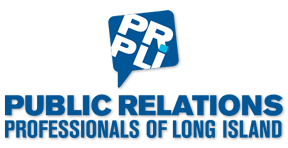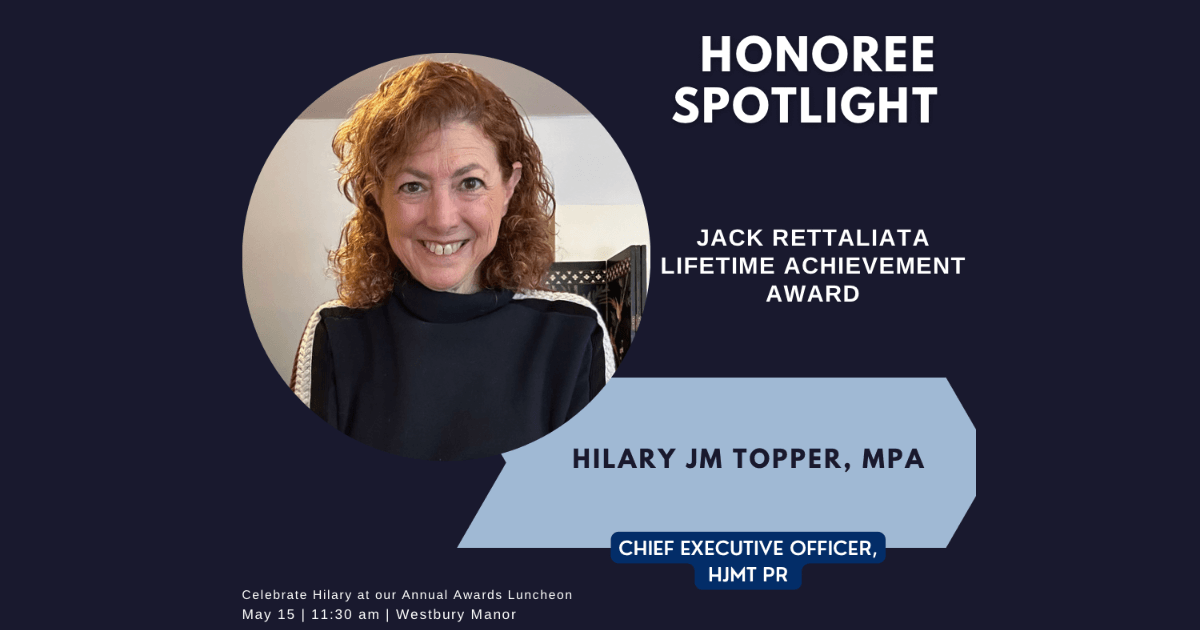News about ChatGPT—and opinions about what it means for, well, the world—are hard to escape these days. The artificial intelligence (AI) platform allows users to type in any query—from simple questions to requests for HTML code—and receive an instant response. Many industries, including public relations, are wondering what technology like ChatGPT means for the future of work. While some PR professionals are understandably worried, others are (equally as understandably) excited about the possibilities ChatGPT has opened. So in the world of PR, is ChatGPT good or evil?
Good: Efficiency
One major benefit of ChatGPT for PR professionals is its ability to help streamline everyday processes. For example, you can ask ChatGPT for a list of media outlets, influencers, or journalists in a certain field. This can save you potentially hours of Googling and note-taking.
Not So Good: Accuracy
The downside, however, is that ChatGPT is not always 100 percent accurate. As a result, you may need to quickly fact-check any information it provides. The question then becomes, is this actually saving time? For now, until the technology becomes more reliable, that’s up to you to decide.
Good: Idea Generation
We’ve all faced writer’s block when trying to think of a catchy headline for an article or a social media caption. That’s where ChatGPT can come in. The platform can produce essentially endless ideas to use for your content, which can save you from smoke pouring out of your ears when what you’re thinking of is just not quite right.
Not So Good: Generic Content
However, unless you work for a household-name brand, it’s unlikely that ChatGPT will understand your company or client’s brand messaging. As a result, the content it generates may not fit the tone, voice, or style of your brand. And frankly, in some cases, it may just be a bit bland and generic. It may take some extra massaging to turn ChatGPT-generated content into something that works for your purposes.
Good: Writing
ChatGPT can even produce longer-form written pieces for you—it can generate full pitches, press releases, and blog posts when provided the parameters you wish to include. Just imagine the time you can save when you have a written piece in seconds.
Not So Good: Reputational Concerns
As mentioned, potential inaccuracy and the production of generic content are two of the major pitfalls of using ChatGPT. When it comes to longer written pieces, the combination of these two concerns can lead to a threat to your reputation. If you publish inaccurate content or content that sounds too, well, robotic, your audience will notice. Proofreading and fact-checking, of course, is paramount. And if you do choose to publish AI-generated content, be transparent with your audience. Some brands that are embracing ChatGPT are specifically noting when their content was produced by the platform.
So what does ChatGPT mean for the future of public relations? Well, we’re still figuring it out. But we know it’s certainly not going away anytime soon. But in the same vein, neither are the human beings that work in public relations. For now, human and machine should learn to live in harmony.
Note: This blog post was written by a human being.






